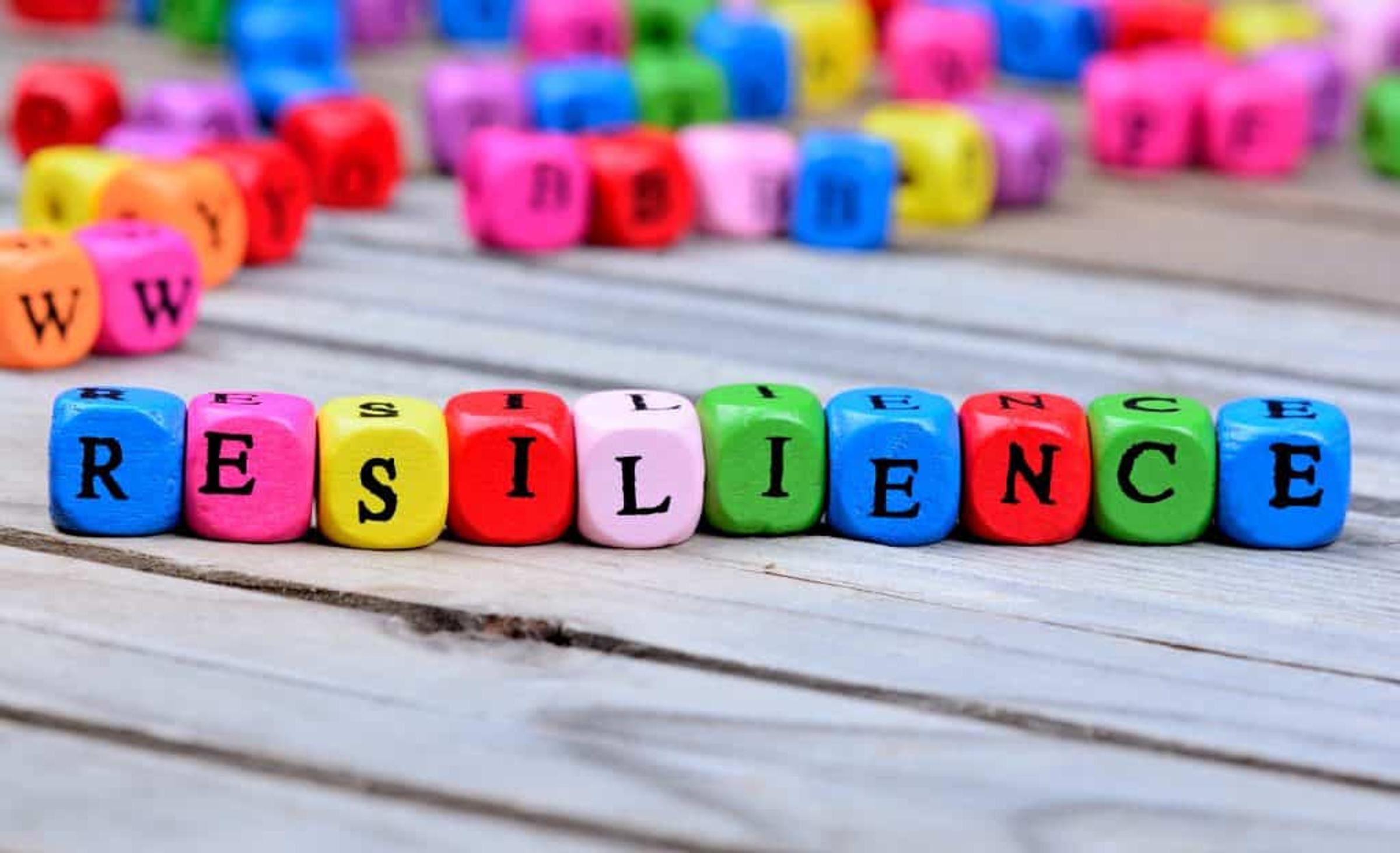Wellbeing News

Wellbeing Presentation – Madhavi Nawana Parker
Positive Discipline and Building Resilience
“Mate, you made a mistake, It is ok, it’s part of learning.”
If we don’t own it, we carry guilt, which can be even more toxic.
On Wednesday 5 September, Madhavi Nawana Parker presented a 90 minute session to a group of Year 7 parents in the Senior Library. Madhavi is a published author of social emotional literacy programs including, 'The Resilience and Wellbeing Toolbox' and Madhavi is also a keynote and guest speaker on the topics of social emotional literacy, positive discipline, resilience and wellbeing. She presents to a wide audience including teachers, educators, allied health professionals and parents and she is also a parent of three children herself.
The focus of the presentation was positive discipline and building resilience in adolescents and the role we play as adults, and particularly parents. The session was also aimed to build on the current wellbeing program in place on Wednesday afternoons with our Year 7 students. Throughout the presentation Madhavi highlighted the following as a guide for parents, based on research and her wealth of experience:
- Understand the Ego – This is a natural human state we all suffer from, we all have an ego. Our ego, as parents tells us things should always go well for us and our children and we can often let this get in the way when our children make mistakes and act in a manner that doesn’t always allow them to repair their mistakes. It important to acknowledge this. Don’t take our children’s behaviour personally, deal with what is in front of us; a developing child. When a child is held accountable or makes a mistake, acknowledge the mistake, encourage them to face it, when they do that they are best placed to repair it and learn from the mistake. If we don’t let the ego get in the way we can achieve this.
- Embrace the Ordinary – Encourage gratitude in our children and to achieve this they have to learn to wait. We don’t always need to get what we want. Waiting is good, often the ordinary is less.
- Positive, Constructive and Supportive Relationships – Relationships that are unconditional, unconditional love no matter what. Encourage five groups of love/relationships for an adolescent that are in different situations (family, school, outside of school). This helps if things fracture in one situation, there are others to go to for support. There is also an element of responsibility in each support group for the child, that they need to take as a member.
- Listen Effectively – Listen reflectively and make no judgement. Don’t ask too many questions, don’t probe them and add no information to what the child is saying. Simply help them get it out (the issue) but don’t add your thoughts and feelings. Acknowledge their feeling and encourage them to tell you more. For example “It sounds like you are angry, tell me more”. This strategy gives the child the message that they have the capacity to cope and we (as the parent) are not going to fix it for them.
- Honour Feelings – Show the child that you understand how they are feeling (anger, jealousy, disappointment etc). Honour that feeling but don’t fix it for them, it is normal to feel disappointed, jealous, angry.
- Do Less – Never do for your child what he (or she) can do for themselves. We get self-esteem from doing stuff and simple chores at home are an example of this. We are helping them become capable and not helpless. Children who are helpless have strong links to anxiety and depression.
- Drop Praise and Offer Encouragement - Praise is attributing what makes them loveable and good eg. smart, athletic. Children can get addicted to praise. Instead offer encouragement, which acknowledges effort, for example: “You worked really hard on that! What do you think of it?” This type of dialogue encourages children to become more self-aware and reflect themselves.
- Device Use – Boredom is the platform for creativity and innovation, it is ok to be bored. If we allow children to overuse devices, particularly to ensure they are not bored, then their brain becomes wired to not cope with boredom.
- Don’t Get Involved – Stay out of conflict, particularly with siblings. Don’t make judgements on who is right and who is wrong or pick a side. If you weren’t there and didn’t see it, acknowledge that and acknowledge that you will never know exactly what happened. Alter the focus to what can be done to move forward. Encourage adolescents to learn to compromise and work on moving forward. Don’t get bogged down in what happened as perspectives are often very different.
The feedback from both staff who attended and parents was extremely positive, and appreciative of the manner Madhavi provided her advice, in an entertaining and non-pushy manner. At the conclusion of the presentation, Madhavi also had for sale her latest book “The Resilience and Wellbeing Toolbox” and provided her Facebook link. On her Facebook “Solutions for Kids” page she provides regular tips.
Mr Brett Knowles
ASSISTANT DEPUTY PRINCIPAL, WELLBEING (SECONDARY)
